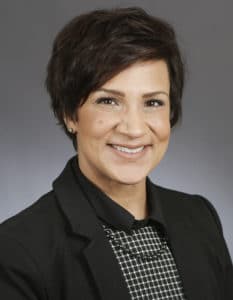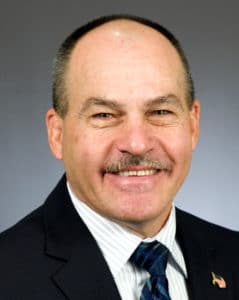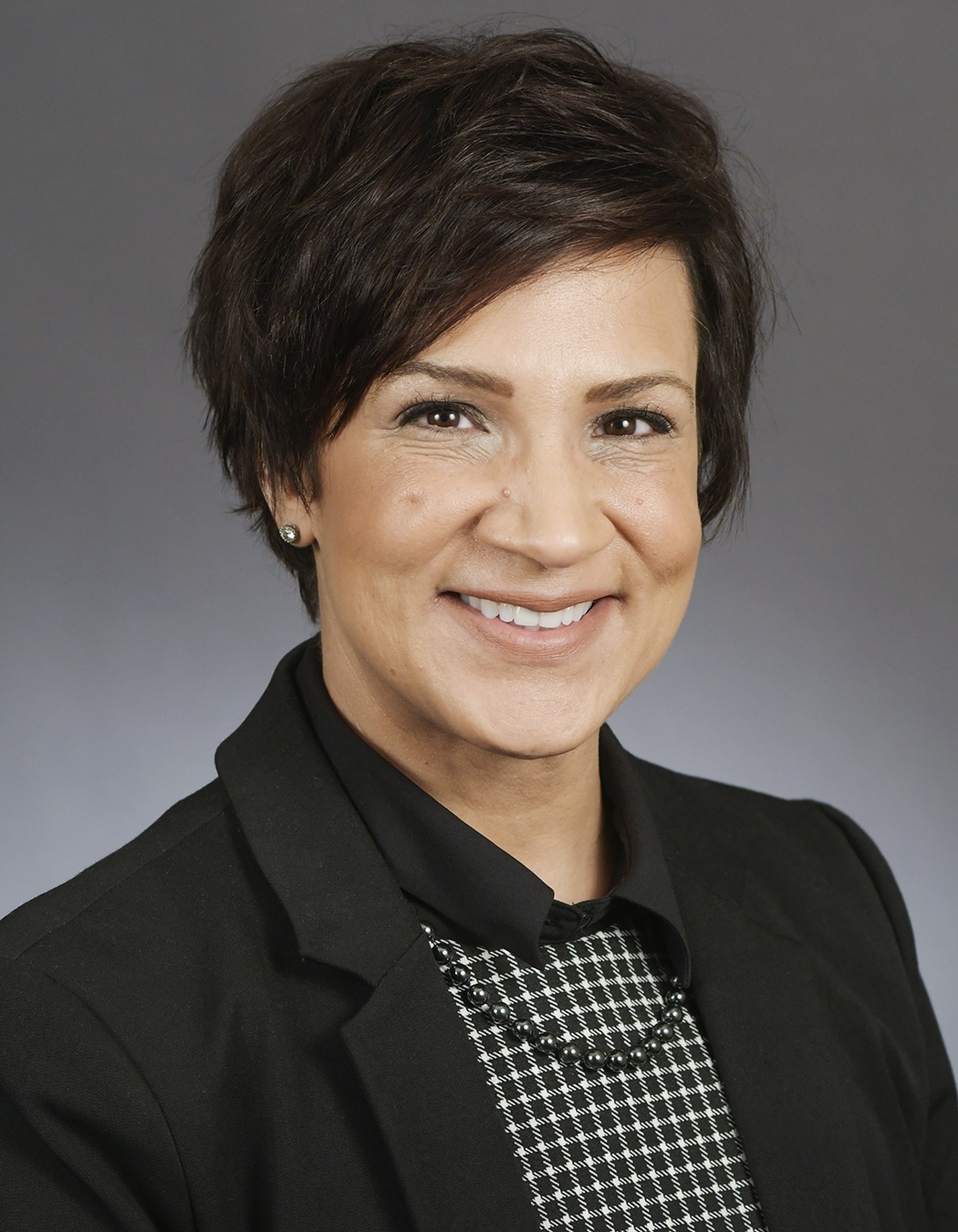by Mike Knaak
editor@thenewsleaders.com
What to do with the state budget surplus as well as decisions on a worker shortage, lack of affordable child care and urgent health needs await St. Joseph area legislators when they return to the Capitol on Tuesday, Feb. 11.
How to manage the state’s expected $1.3-billion surplus will be on the agenda and Sen. Jeff Howe (R-Rockville) and Rep. Lisa Demuth (R-Cold Spring) want to see some tax relief.
“We can look at some tax savings,” Demuth said, including the tax on Social Security payments, rather than expanding government.
Howe agrees and says the tax on Social Security payments, which brings in about $600 million a year, should end.
Both legislators are looking for a way to lower the cost of insulin. Howe says he favors a program that offers long-term relief after identifying who needs help. He’d also like to see co-pays and deductibles bundled for all of a patient’s insulin prescriptions rather than counting each one separately.
In addition to the looming statewide issues, Demuth and Howe plan to focus on specific legislation to expand the work force and help families with child care.
Demuth is interested in solutions to challenges facing Central Minnesota employers. Reduced child-care choices have compounded the workforce shortage, she said. Demuth serves on a newly formed child-care task force and she wants to make child care affordable to working families.
The Legislature, she says, needs focus on ways to solve the child-care shortage.
“What are roadblocks? Regulations? Why are people quitting?” she said.
One of Howe’s plans to address the worker shortage is a bill that would allow 16- and 17-year olds with industrial arts skills to use those skills on construction sites.
Howe plans to bring back his bill to improve pay for Minnesota’s 590 State Troopers. Howe says the trooper pay now lags behind the pay for other law enforcement professionals. As a result, it’s tougher to recruit new officers and older officers are leaving for better-paying jobs with other agencies.
Recent budget deficits resulted in pay freezes and no raises for troopers. The lagging pay, Howe says, has long-term affects that carry into retirement because retirement payments are based on earnings. Meanwhile cities have raised pay for police officers.
“They are the best of the best,” Howe said of the troopers. “We need to recruit, train, retain and retire them.”
With more than 40 percent of the state budget dedicated to funding education, the Legislature needs to look at how the money is spent as well as solving the disparities across the state, Demuth said.
“More money won’t solve challenges,” Demuth said. “We need to look at how to spend to better serve our students. I’m willing to listen, to work across the aisle and across the street” for ideas on education funding.
While attending a wedding in a barn, Howe recognized a public-safety danger where businesses converted old barns to entertainment venues.
“I looked around and I didn’t see any panic hardware, exit signs, emergency lights, smoke detectors, sprinklers,” Howe said and he and his wife sat near the door during the ceremony.
The legislation focuses on buildings that were originally built for animals, not public events, that have been converted by a business. His bill would call for inspections for fire and structural safety.
“When the public goes in a big place of assembly, there should be a minimum level of life safety,” Howe said.
Two longtime St. Joseph bonding requests may finally get funding this session. Gov. Tim Walz included state money for St. Joseph’s Community Center and East Park development in his bonding proposal. Demuth and Howe introduced bills in past sessions for the money, but the legislation didn’t get passed. The projects may have a better chance this year with support from the DFL governor and DFL-controlled House if a deal can be reached with the Republicans who control the Senate.
Last summer, Demuth and St. Joseph officials hosted a contingent of House members for a tour of the former Kennedy School, which if bonding is approved, would be renovated and expanded for the Community Center. Having her colleagues actually see the project may help get the bonding money approved this time, Demuth said.
The Community Center project, she said, benefits everyone from birth to the oldest adults.
To prepare for the upcoming session, Demuth, Howe and other area legislators meet with Stearns County commissioners to hear the county’s priorities.
Commissioners are concerned about rural broadband service, roads and bridge funding, human services payments that shift back to the county and election funding, she said.
Demuth said her House colleagues are surprised that not only are there people with slow internet access in her district, but also people without any internet service.
Republican legislators continue to push for more accountability from state agencies – an issue raised during Gov. Mark Dayton’s administration and continues with Walz, both Democrats.
Howe’s concern begins with the Department of Human Services and its $18-billion budget, but he wants the governor to put pressure on his commissioners to make them more accountable.
As the session gets rolling, both legislators emphasized they want to hear from constituents.
“Folks need to make their opinions known,” Howe said. “Be educated, call up, ask for information. Make sure the governor, legislators know their feelings so we can respond to their views.”


State Sen. Jeff Howe



